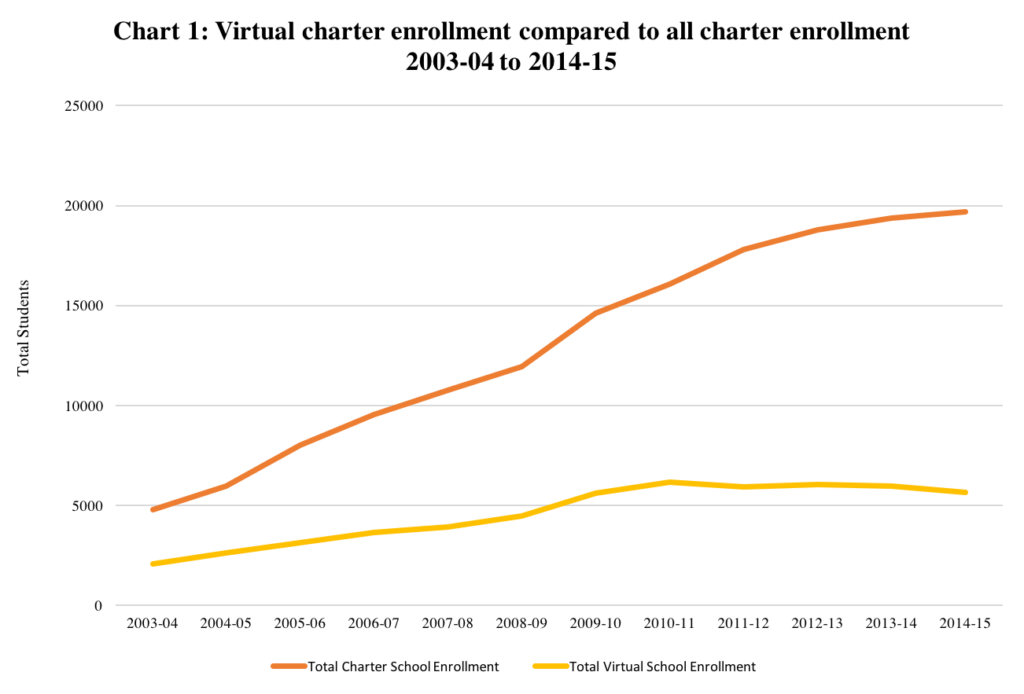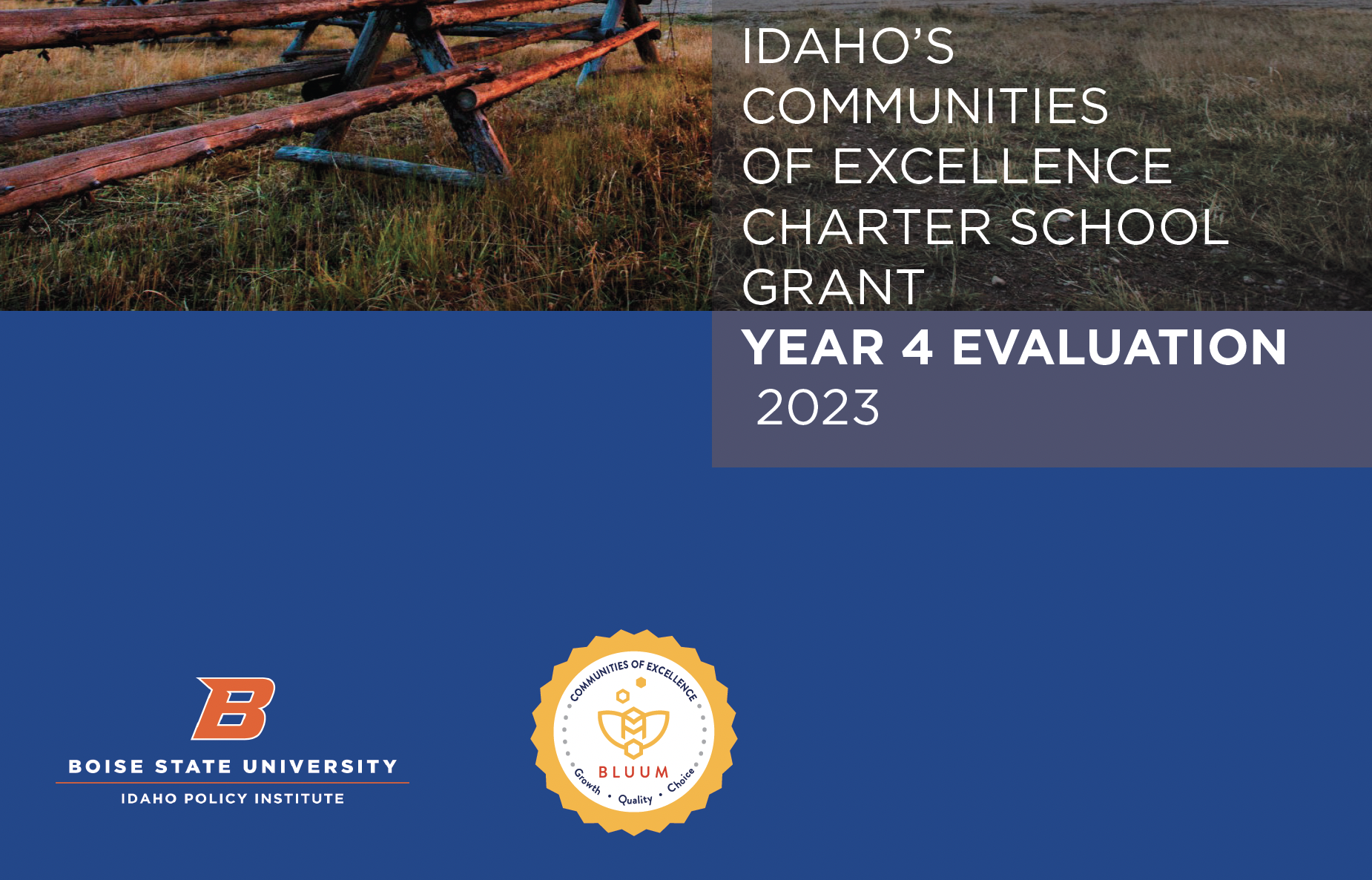
When It Comes to Education Innovation Learning Comes First
By Angel Gonzalez and Terry Ryan
The digital age has brought many opportunities to teach in new and innovative ways. As an example, Khan Academy has over 15 million users of all ages logging onto their website to learn subjects like second grade math or more advanced topics like computer programming. Stepping into the K-12 arena, Idaho has launched a number of online charter schools.
In the Gem State, nine online public charter schools teach students from all corners of the state. While online schooling offers great opportunities for innovative instruction and learning, we must ask how students in these schools are doing academically.
A new study by the Center for Research on Education Outcomes (CREDO) reported on the academic outcomes for students in online schools across the country and the results are not good. The study, which is apart a larger research project with Mathematica and the Center for Reinventing Public Education, included data from 158 online schools across 17 states and the District of Columbia. The overall results nationally are troubling because the study found that students enrolled in online charters lost 72 days of learning in reading and 180 days of earning in math, based on a 180-day school year. This means students made marginal gains in reading and no gains in mathematics scores during the course of a school year.
It is important to note that Idaho’s online schools were not part of the CREDO study on the academic achievement of students in online schools so their results could be different. One key takeaway from the CREDO study is that those children in online education who have an engaged parent working with them can excel in an online setting. Those children who do not have a supportive adult working with them tend to fall behind their peers. Researcher Brian Gill summed it up this way, “Challenges in maintaining student engagement are inherent in online instruction, and they are exacerbated by high student-teacher ratios and minimal student-teacher contact time, which the data reveal are typical of online charter schools nationwide.”
Another important takeaway from the study is that blended learning models (those that marry the best of online learning with classroom-based instruction) deliver results at higher rates than just online schools. Idaho is fortunate to have a growing number of blended learning models such as the charter model Gem Prep (an offshoot of I-DEA), and district models such as West Ada’s high school academies.
In returning to Idaho’s virtual schools, enrollment in the state peaked in 2010-11 and has been in decline ever since. Online school enrollment has decreased over the last four years as the total charter school enrollment increased. This is true even as new virtual schools continued to open in the state.
When digging deeper into the data, one notices large drops in enrollment for specific schools. In the academic year 2010-11, iSucceed Virtual High School had 888 students, but this number dropped to 292 by the 2014-15 school year. Idaho Virtual Academy lost 513 students between 2013-14 and 2014-15. The data show some schools losing enrollment fast.
These changes over time may be in part to parents finding the best learning opportunities for their children, and, in light of the recent CREDO study, academics not being up to par in some of the state’s virtual schools.
School choice holds that some schools may lose market share simply because the product no longer works well for families and students, or that families have identified better options for their children. Not all innovations in education work and not all innovations work for all time. That is an important lesson for school reformers who believe that education in all of its forms is first and foremost about children and their academic success.
Have something to say? Find us on Facebook and Twitter to share your comments!






